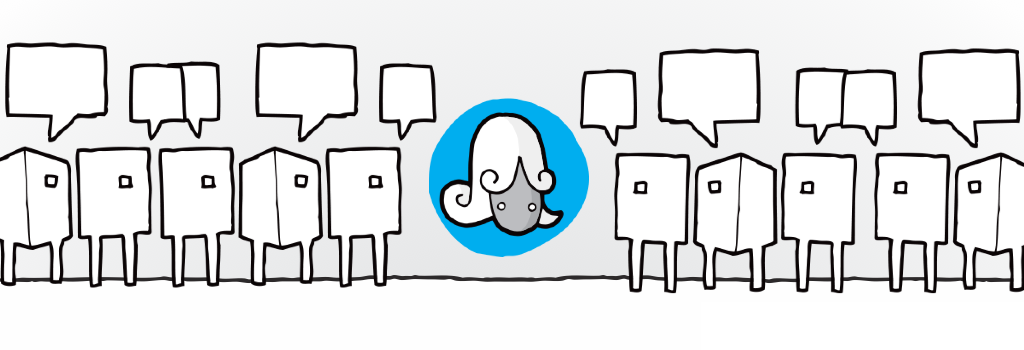
PostShift kindly hosted the hi:project’s second London meetup yesterday evening. This post is not intended to be a record of the conversation, more a Q&A based on some questions raised at the meetup and in other fora in the past week or so.
By the way, Alice is the name we give the citizen, the individual we seek to serve across all her roles in life.
- Why does Jon Husband call the hi:project the epitome of VRM?
- How do we get HI to Alice?
- How do organizations ask for consent?
- Besides privacy, what else does the hi:project do for the consumer?
- Won’t consumer goods companies still want to target ads at Alice?
- How do you describe the tech?
- Because Of …
Why does Jon Husband call the hi:project the epitome of VRM?
Many ProjectVRM ventures have focused on storing personal data, seeking then to monetise that service. This is fatally flawed. Personal data needs to ‘breathe’, to be situated within other data, in order to become more useful. And Alice doesn’t want to pay for her personal data bank, much like she doesn’t want to pay for personal banking (and that’s something she actually understands!)
Alice doesn’t get data. She gets when she’s overdrawn. She gets when her diabetes is erratic. She gets when she’s in too many meetings. In other words, she gets information, not data. Continue reading →
